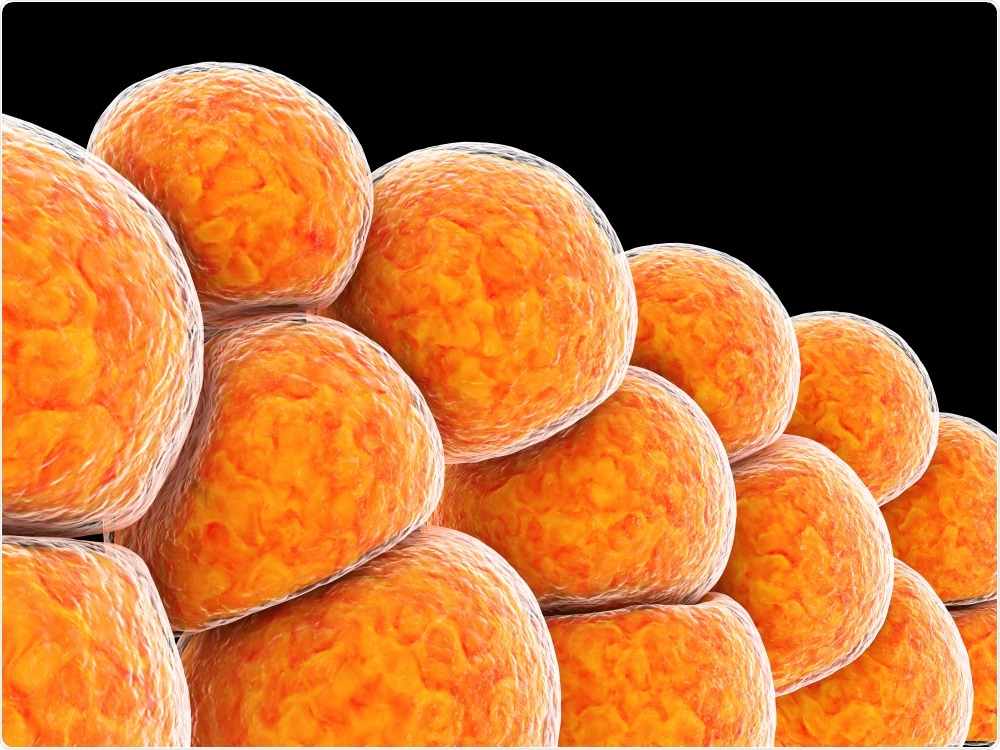
Forced expression of a natural protein reduces fat in mice by a third
A protein being investigated for its potential role in cancer has emerged as a powerful regulator of metabolism, according to researchers at Georgetown University.
 Image Credit: Victor Josan / Shutterstock
Image Credit: Victor Josan / ShutterstockIn a mouse model of obesity, forced expression of the protein FGFBP3 (BP3 for short) significantly reduced the animals’ fat mass.
The research suggests that BP3 may serve as a new therapy for the reversal of conditions associated with metabolic syndromes such as fatty liver disease and type 2 diabetes.
As recently reported in the journal Scientific Reports, the treatment also reduced obesity-related conditions such as hyperglycemia and fatty liver.
Furthermore, an examination of the mice showed that the treatment did not result in any adverse side effects.
BP3 is a member of the family of fibroblast growth factor (FGF) binding proteins (BP) which play a role in many biological processes such as wound healing, regulation of cell growth and response to injury.
BP3 is an example of a "chaperone" protein that latches on to FGFs to enhance their activity.
Wellstein and colleagues found that this chaperone binds to three FGFs that help regulate metabolism.
Two of the FGFs regulate the storage and use of carbohydrates and lipids and the third one regulates phosphate metabolism.
Wellstein adds that although the findings are exciting, further research is needed before BP3 can be explored as a treatment for metabolic syndrome.
However, investigators say that because the protein occurs naturally and is not a synthetic drug, clinical trials testing its use as therapy could begin following a final round of preclinical studies.



































No hay comentarios:
Publicar un comentario